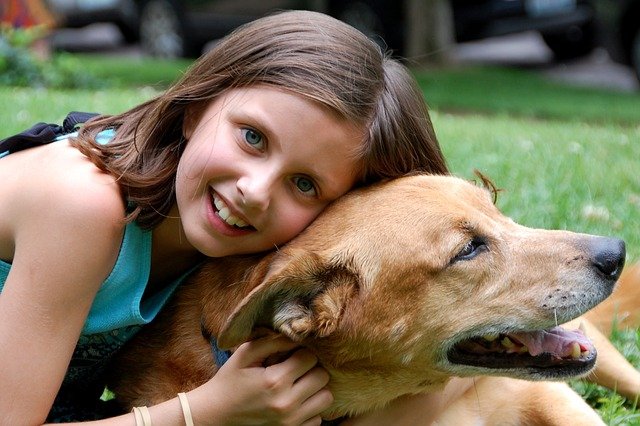Mental health is a state of wellbeing, where students are able to effectively deal with stress, meet their learning potential and are socially and emotionally connected to their family and friends.
The mental health of your students can affect your whole class’ ability to learn as well as their social interactions – both of which are vital to student success. Whilst mental health issues such as anxiety may manifest differently between children, teachers are well placed to promote positive mental health practices that will support students to reach their full potential.
The majority of mental health issues begin to manifest when people are young, with more than half of all illnesses being diagnosed by the early teen years. It makes sense that promoting positive mental health and teaching students how to give their mental health a boost will help reduce poor mental health outcomes.

Children experiencing poor mental health may struggle in school. For example, they may become so preoccupied with anxious thoughts that they can’t pay attention; or they may experience stomach upsets, headaches or behavioural issues that interfere with their work. They may also be absent more often than other students, causing them to fall behind in their learning.
Fostering positive mental health for kids in the classroom will help them to build their resilience, improve their cognitive function, and provide them with the confidence and skills to seek additional support for early intervention.
What can you do as a teacher to boost your students’ mental health? Here are our top five ideas:
If your school doesn’t already include programs focusing on mental health for kids, consider booking a session with Life Education Queensland for your school. Our program covers mental health for kids in an age-appropriate way, and includes information about other factors such as nutrition, physical exercise and legal and illegal drugs that can influence our bodies and mental health. Learn more here about our program.